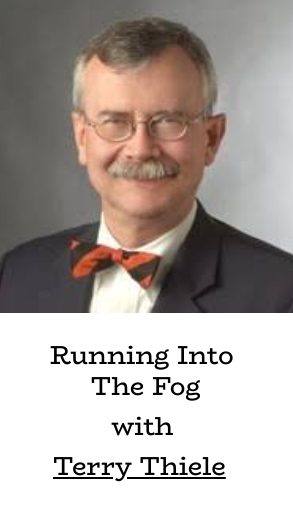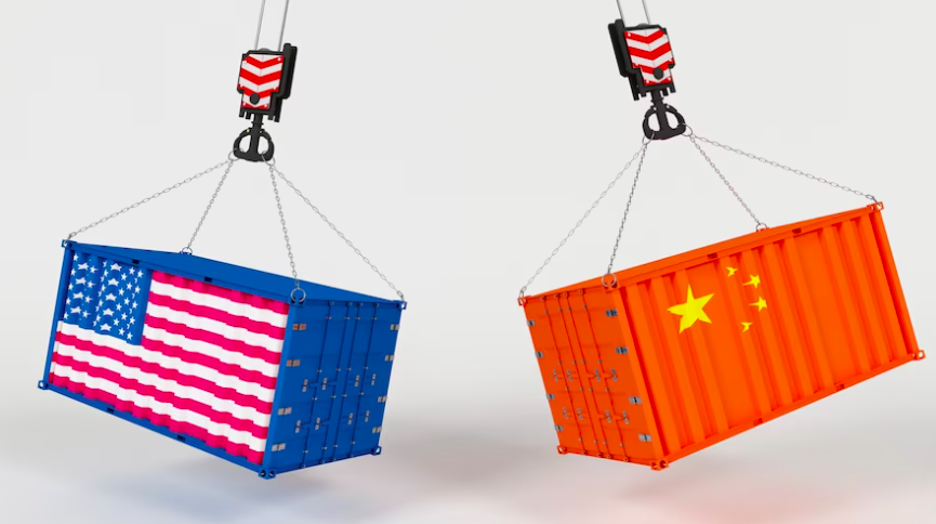Running into the Fog with Terry Thiele

Terry Thiele joins the Jo Bros this week and reveals he is writing a book, with a working title Our Fourth Age, a Story for My Grandchildren, trying to dissect the human population from 200,000 years ago to 10,000 years ago. Terry says the purpose of his manuscript is to explore what those destabilizing changes are and whether homo sapiens can cope–whether we’ve got a future. The way I went at it was to break the history of our species into 4 ages.
Thiele begins the discussion stepping into the past of the human population; when we were hunter gatherers. Thiele would argue that we have a set of instincts that are irreducible and that are irreversible. When we tend to perceive fear we over react to it, and we have a better chance of surviving if we are in a group. We are also desperate to have a good standing ‘status’ in a group to survive. We are curious, in a sense pertaining to what we don’t know, and understand the unknown before it gets us by the throat.
Our pursuit of knowledge is driven to protect us. Thiele talks about present day time depth, and the difference between the current generation and ‘boomers’, and what at this time can be passed down for further learning, in relation to how past generations have left the future with tools and resources to evolve as a population.
In conversation of human nature and the basic needs of an individual, Thiele breaks it down as four needs:
- I want my family to be safe
- I want to have a job to be able to provide
- I want my children to have a future
- I want you to leave me alone as long as I am not harming anyone else
As Thiele reaches the end of his manuscript, his revelation is that the next generation has failed to seek the necessary degree of change from the previous generation, looking to see how things will change as we evolve as a population.
Arik and Thiele discuss the means of production and the booming manufacturing renaissance that may be coming, and the new predominant currencies that have surfaced such as crypto currency and the like. Thiele points out that based on UN data, the global population will decline, while opposing data suggests the population will top out in our lifetime, globally speaking.
Discussing the economic and population causes and effects of Eastern Europe versus Japan or Korea, it is difficult to see what the global economic environment will look like in the future. In Thiele’s manuscript, he hypothesizes a few scenarios of how this may play out. Thiele hopes that his manuscript brings a healthy discussion as to how the world will look in our future.
This episode discusses not only the history of the human population, but how these trends may affect the future. Tune in this week for an insightful conversation with Arik and Derek Johnson, and their long time friend and colleague, Terry Thiele!








Responses